Prepared food group Greencore posted a huge jump in sales and profits this morning as the food-to-go market roared back from Covid lows. But why did it promptly lose 8% of its value, despite sales now being a good 20% above pre-pandemic levels?
True, some of the good news – a 31% jump in sales with food-to-go up 35% – had been priced in as Greencore revealed its strong annual sales performance last month. Crucially, though, back then Greencore was cautiously bullish on trading in its new financial year, and had yet to see an impact from macroeconomic concerns.
The group struck a slightly different tone this morning, saying sales in the early weeks of the year had “broadly held up”, but there has been mixed effect between categories.
“We remain cautious about the potential impact of the recessionary environment and cost of living factors on consumer spending through the year ahead, the impact of which has not yet been fully absorbed by the consumer,” it stated.
As a result, shares dropped 8% this morning to 66.5p – now down by more than 50% so far in 2022.
As house broker Shore Capital explains, Greencore’s comments on mix references early signs of shifting customer behaviour in its key UK retail market. Customers have begun to purchase less high-value, high-margin items like sushi, and sales are up in lower-margin areas like private-label ambient sauces.
This looks to be a relatively new phenomenon in UK grocery, and early signs suggest consumers are indeed cutting back – not just switching from brands to own label, but moving down the value curve to cheaper categories entirely.
Anecdotally, market insiders have told The Grocer material consumer downtrading had been fairly scarce, despite the economic challenges. Indeed, new Kantar figures for The Grocer show sushi had previously been taking share from the lunchtime category in the year to September 2022 – growing by 76% (with volumes up 38%) compared to 27% for the entire quick meals category.
But Greencore’s suggestion that higher-margin categories are now slowing as consumers cope with inflationary price increases means suppliers face bigger problems than just passing on inflation. Though of course, it remains a key – the key – way of protecting the bottom line.
Read more: Why the meal deal could be on life support: Food-to-go category report 2022
Greencore’s adjusted operating profits increased £33.2m to £72.2m but, unlike sales, they remain well below pre-Covid levels (EBIT in the second half was still 10% below the 2019 level) with margin substantially down.
Greencore itself expects to see further “substantial inflation” this year and it continues to prioritise recovery and mitigation.
Broker Peel Hunt notes cost inflation last year was mid-teens and it’s expected to be over 10% again in the coming year, with material increases in wages and energy.
“Getting further price increases has become more challenging outside price pass-through contracts,” the broker says. “There are clearly some customers resisting the increases required and Greencore may step away from these uneconomic contracts.”
Greencore noted it will need to make decisions on customer contracts “which are no longer economic, with a heightened focus on our ability to recover inflation”, meaning decisions about whether and how much to sacrifice volumes for profit.
Peel Hunt, in particular, points to the number of foodservice supply contracts it picked up from the collapse of Adelie, which could be reviewed as part of this focus on profitable contracts.
This is also likely to include wider range simplification to deliver higher trading margins.
Margin recovery will also have to come from general cost constraint – with Greencore highlighting efficiency and productivity gains related to its Better Greencore programme, targeting annual savings of around £30m.
Despite a slightly sobering outlook, new CEO Dalton Philips said this morning: “My first few weeks in the CEO role have confirmed to me the fantastic capability and potential of this business.
“Our leading market positions, close customer relationships, well-invested facilities and intense focus on efficiencies give us confidence as we continue to navigate our way through the challenges of the current macroeconomic climate.”
Greencore’s early observation on mix and shifting customer behaviour suggests navigating this path will be far from straightforward for many players.







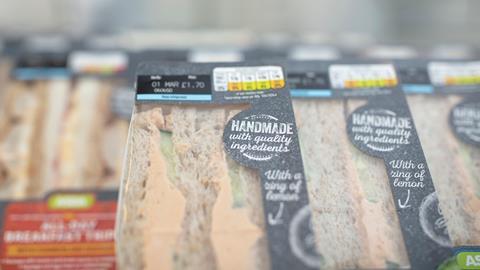
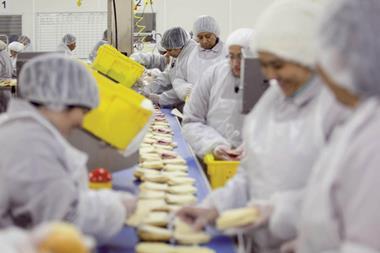
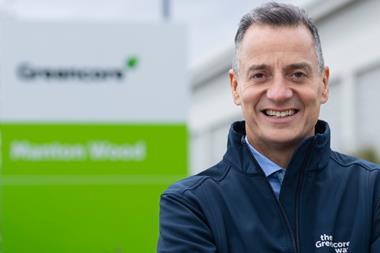
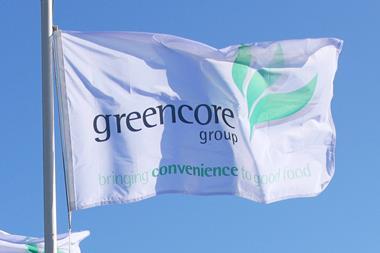

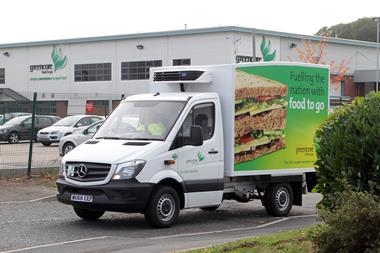
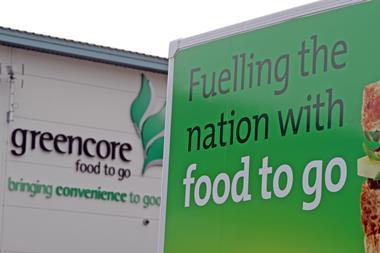






No comments yet